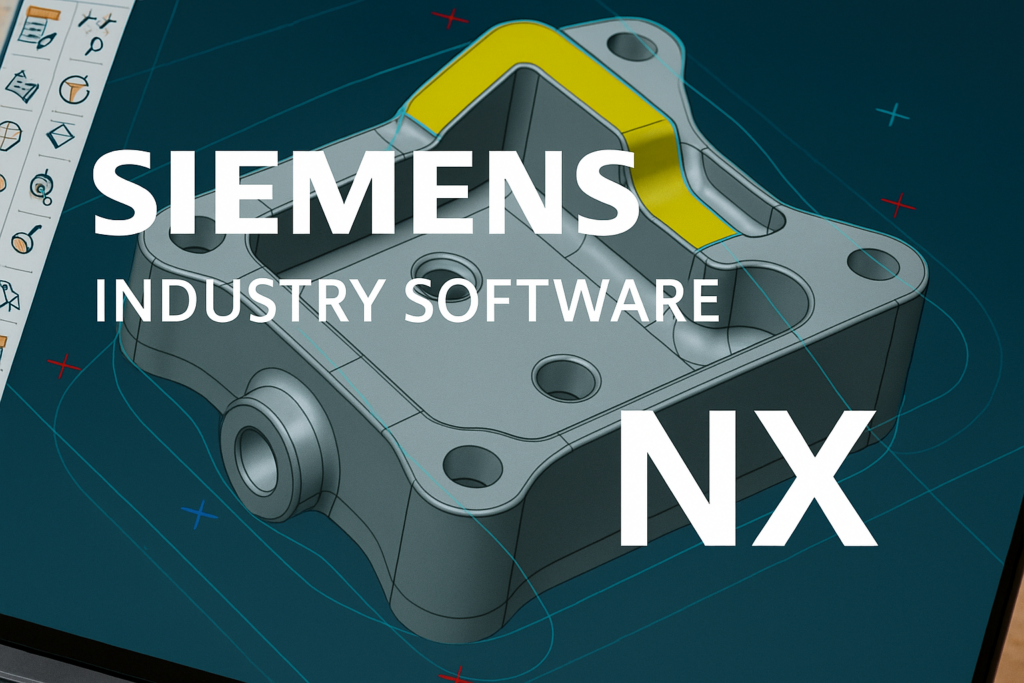In a major legal victory for the software industry, the Court of Appeal of Malaysia has granted summary judgment in favor of Siemens Industry Software Inc., holding a local company vicariously liable for an employee’s use of pirated Siemens software.
This ruling, delivered on 19 December 2024, marks a critical precedent in Southeast Asia and reinforces the principle that companies are responsible for copyright violations committed by employees on company equipment—even without management’s prior knowledge.
The Case: Siemens v. KB Engineering Coatings
The defendant, KB Engineering Coatings Sdn Bhd, was found using Siemens’ NX12 software without a valid license. The software had been installed by an employee who claimed to be using it “for personal learning.”
Siemens’ compliance partner, Proactsys, conducted a site audit and found a cracked license file on a company-issued laptop. The employee’s use of the pirated software occurred during work hours, using hardware issued by the company.
Although KB Engineering argued that:
- The employee acted without authorization
- The software was used for personal study
- The company had no knowledge of the act
The Court of Appeal rejected these defenses.
Key Findings
- Strict liability applies: The court confirmed that knowledge or intent is not required to establish copyright infringement.
- Employer held vicariously liable: Because the act was carried out using company-issued equipment during employment, the employer was found liable.
- No merit in defenses: Claims of coercion, misrepresentation, or possible hacking by Siemens’ agents were deemed speculative and unsupported by evidence.
- Statutory evidence accepted: Siemens submitted a statutory declaration under Section 42 of the Malaysian Copyright Act, which served as prima facie evidence of copyright ownership. The defendant failed to rebut this.
- Lower court ruling overturned: The Court of Appeal reversed the High Court’s earlier decision, which had wrongly questioned Siemens’ corporate identity and locus standi based on informal internet research.
Why This Matters
This case sets a powerful precedent for IP enforcement in Malaysia:
- It confirms that corporate liability for software piracy includes acts of employees.
- It validates the use of on-site license audits and declarations under Section 42 as effective tools in enforcement.
- It signals to companies across Malaysia and the wider region that copyright compliance must be enforced internally, not merely promised.
A Message to the Industry
This case highlights the growing willingness of courts in Asia to grant summary judgment in clear cases of infringement—saving rightsholders time, cost, and legal uncertainty.
ITCA urges software vendors to:
- Empower compliance partners to conduct site reviews
- Collect and submit statutory evidence of ownership
- Pursue legal action in jurisdictions where courts are receptive to enforcement
Contact ITCA to learn how we support software publishers in Malaysia and across APAC to pursue meaningful enforcement outcomes.
